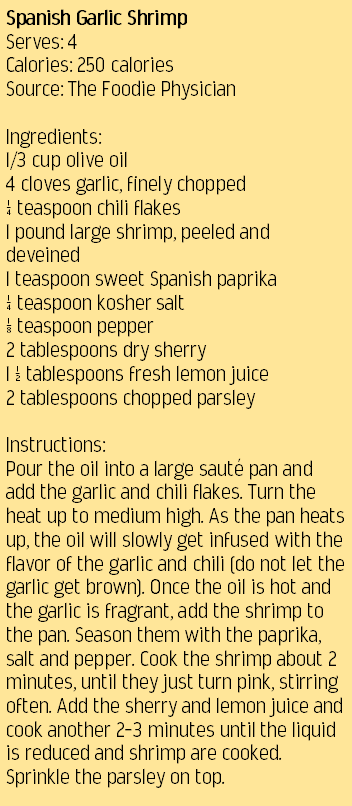|
|
May is Mental Health Awareness Month which is a time to recognize and support behavioral health care all year long.
Here are some facts and figures regarding mental health: 1 in 5 U.S. adults experience mental illness each year. 1 in 20 U.S. adults experience serious mental illness each year. 1 in 6 U.S. youth aged 6-17 experience a mental health disorder each year. 50% of all lifetime mental illness begins by age 14, and 75% by age 24. Suicide is the second leading cause of death among people aged 10-34. Although there is no conclusive evidence that a poor diet puts you at risk for a mental health disorder, there is plenty of evidence that suggests a healthy diet can help with symptoms of depression and anxiety. Even if you have a case of the blahs from dreary weather or staying at home too much, what you choose to eat can make a difference. Have you ever had a bad day at work and find yourself grabbing chocolate, alcohol, caffeine or “junk foods”? These foods can give you a quick energy boost and/or a temporary sense of calm, but may leave you with low energy and a low mood later on. Sweets and fats trigger the pleasure centers in the brain which is why when we are feeling down or having a lot of stress, we choose cookies over carrot sticks. A diet involving a high intake of red and processed meats, refined grains, sweets, high fat dairy products as well as a low intake of fruit and vegetables has been linked to higher levels of anxiety and depression. Conversely, a Mediterranean-style diet which has lots of vegetables, seafood, fresh herbs, garlic, olive oil, nuts and whole grains, can reduce the symptoms of depression. Keeping a balanced diet with a moderate and steady amount complex carbohydrates keep blood sugars consistent and less likely to negatively affect your mood. An example of a balanced meal would be a small sweet potato, a portion of fish or chicken, and fruits and vegetables which will nourish your body with vitamins, minerals and antioxidants and have also been shown to boost happiness. Over time, eating foods without a lot of nutrients can lead to nutritional deficiencies. Nutrients important to a healthy mood include: Folate Iron Long-chain omega-3 fatty acids (EPA and DHA) Magnesium Potassium Selenium Thiamine Vitamin A Vitamin B6 Vitamin B12 Vitamin C Zinc Try this Spanish Garlic Shrimp recipe to boost your mood. Add a green vegetable and whole grain crusty bread to make it complete. Tracey Shaffer is a registered dietitian and certified health coach and owner of KC Nutrition Coach in Eastern Jackson County. She can be reached at [email protected]. You can visit her website at kcnutritioncoach.com. Comments are closed.
|
Categories
All
Archives
July 2024
|
Grain Valley NewsGrain Valley News is a free community news source published weekly online. |
Contact Us |




 RSS Feed
RSS Feed
